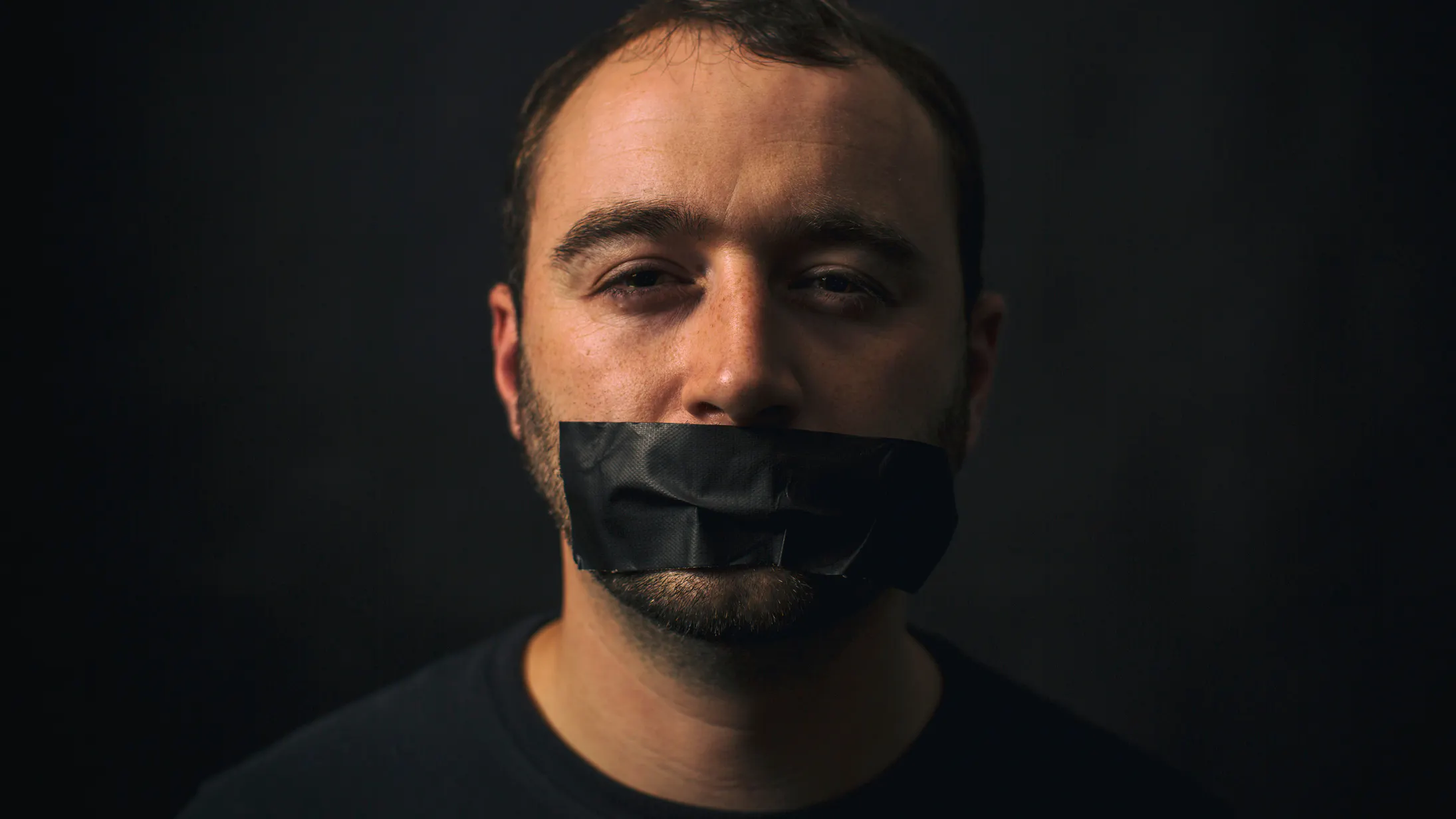Even a child in kindergarten knows that when you do something wrong, there is a consequence. If you take something that doesn’t belong to you, you give it back. If you break something, you either fix it or pay for it. If you hurt someone, you apologize. Acknowledging wrongdoing and making restitution are foundational to a successful kindergarten class, a family, and a community.
This basic principle is about much more than fairness. Holding people accountable for past disrespect is key to making sure they show respect in the future. And when the guilty person is a public official, accountability is that much more important.
Unfortunately, not everyone agrees — especially when the issue at stake is freedom of speech. Some public officials seem to think that they can trample on this basic freedom with absolute impunity. But as “cancel culture” threatens to silence and punish all viewpoints that don’t fall in line with the current dogma, defending our freedoms — and especially our freedom of speech — is more important than ever.
With that in mind, meet Chike Uzuegbunam, whose case, Uzuegbunam v. Preczewski, will be heard by the U.S. Supreme Court this term.
It all started in 2016, when Chike was a student at Georgia Gwinnett College. Like many college students, Chike loved meeting new people, encountering new ideas, and sharing his Christian beliefs.
As Chike peacefully shared his beliefs with his fellow students in a public space, a campus police officer approached him and told him he had to stop speaking. The College only allowed public expression with permission and a reservation, said the officer, and even then, the speaker was limited to two, tiny speech zones. These zones made up .0015% of campus. If the campus was the size of a football field, both speech zones put together would be the size of a piece of paper. And these tiny zones were only open about 10% of the time.
Even though his rights were being violated, Chike did what the College officials asked. He made a reservation, went to the speech zone at the appropriate time, and began to share his beliefs with his fellow students. But Chike was stopped again. This time, a campus police officer approached Chike in the speech zone and, in full view of other students, demanded Chike’s ID card and took it to his patrol car. Chike was forced to wait in the speech zone for them to return, as if he had done something wrong. When the officer came back, he and a second officer told Chike that someone had complained about his speech and that he had to stop or he would face discipline.
It turns out that the College’s speech code included a “heckler’s veto,” defining as “disorderly conduct” anything that makes another person feel uncomfortable.
So, to summarize: a student at a publicly funded college tried to share his ideas peacefully with his fellow students, in a speech zone he had reserved, during the set hours, and campus officials humiliated and threatened him. These public officials trampled Chike’s First Amendment freedoms with no explanation, no apology, and no respect.
Chike realized that things had gone too far. With the help of Alliance Defense Freedom’s (ADF) Center for Academic Freedom, Chike challenged Georgia Gwinnett College’s unconstitutional policies in court.
The College initially argued that Chike’s peaceful religious message should receive no constitutional protection at all. Later, the College changed its speech policies and then argued that it shouldn’t face any consequences for violating Chike’s rights.
The court delayed its ruling for a whole year until Chike graduated. When the court finally issued its opinion, it said that because the College had changed its policy and because Chike had graduated, he could not get any relief. The College had trampled Chike’s First Amendment freedoms, and now, it would face no consequences. The message to Chike was that his constitutional rights don’t matter.
Imagine that for a moment — the courage it takes to stand up to your college after they trampled your constitutional freedoms, followed by the immense disappointment when a federal court says the violation of your rights doesn’t matter. And absent a judgment against the College, there is nothing to keep it from changing its policies back and trampling on other students’ freedoms.
Georgia Gwinnett College is not the only college with policies that violate constitutional rights like free speech. The ADF Center for Academic Freedom has won hundreds of disputes against public colleges and universities for violating free speech and free association all across the country.
That is why ADF is taking Chike’s case to the U.S. Supreme Court. ADF is asking the Court to reinstate Chike’s case and allow him to seek a judgment against Georgia Gwinnett College, something that would make clear to everyone that Chike’s rights were violated and that the College cannot do the same thing to other students in the future. A victory for Chike would send a signal to all public colleges and universities that they cannot trample students’ rights.
Government officials need to be held accountable when they violate people’s constitutional rights. Just like kids on the playground, wrongs must have consequences or they will continue to happen, usually in greater frequency. That’s even more true in the public square, where our most fundamental freedoms are at stake.
Kristen Waggoner serves as general counsel for Alliance Defending Freedom (@Alliance Defends).
The views expressed in this opinion piece are the author’s own and do not necessarily represent those of The Daily Wire.

Continue reading this exclusive article and join the conversation, plus watch free videos on DW+
Already a member?

.png)
.png)

